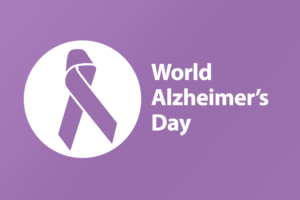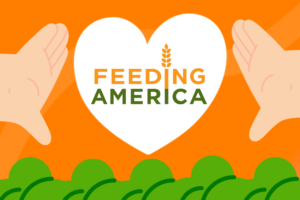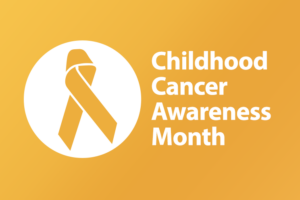Sarah Ford | August 28, 2014
Navigating the Worlds of Education and Employment with a Disability
By Maureen Marshall
Having cerebral palsy (CP) definitely has its challenges and there is no denying that, but there are also so many possibilities for achievement in both education and where that education leads you down your career path. I was diagnosed with CP at the age of 2 and, though my parents were told I may never attend regular classes in school or actually ever learn to read and write, I proved everyone wrong and successfully attended regular classes– even advanced classes because I pushed myself to prove everyone wrong and excel. I graduated, not once but 3 times: I graduated from high school; I have a Bachelors of Science degree in Electrical Engineering, a Master of Business Administration degree in Technology; and a Certificate in Strategy and Innovation from the Massachusetts Institute of Technology (MIT).
Believe it or not, the biggest challenge I had in school was with the teachers. While I was in elementary and middle school, I was forced out of orchestra class because I did not hold the bow correctly and I failed typing because I did not type with both hands. In both cases, neither teacher was willing to recognize that I physically could not do what they wanted me to do, nor even the fact that I was able to succeed through modifying the way I performed the task. Not having full use of my right side, I held the bow with a firm grip; no pinky finger up and I typed with one hand; not both.
As I moved through high school and college, I learned to not register for classes that would be a physical challenge for me and cause further pass/fail issues, such as gym and swimming classes. It was not worth the fight with the school administrators to get them to accept my limitations. Instead, I enjoyed sports with my friends, who accepted these limitations and took swimming classes on my own where there was no pass/fail criterion. When it came to choosing a field of study in college, I recognized that I would need a career that focused on my strengths and one that I could advance in. I always loved and did well in math and science courses, so engineering was the path I chose to take– which I have had great success. Engineering allows me to use my knowledge and experiences, with little or no physical activity. There are so many different engineering positions and fields to chose from– one can definitely find one that fits not only their strengths but their abilities. I have also found that industry is very accommodating to those with disabilities and will make every effort to ensure all obstacles are removed. For instance, if you chose to work in a manufacturing plant, where getting around can be difficult, they have been known to install elevators or even mark walkways to allow wheelchair accessibility.
Get Resources and Insights Straight To Your Inbox
Explore More Articles
Get Resources and Insights Straight To Your Inbox
Receive our monthly/bi-monthly newsletter filled with information about causes, nonprofit impact, and topics important for corporate social responsibility and employee engagement professionals, including disaster response, workplace giving, matching gifts, employee assistance funds, volunteering, scholarship award program management, grantmaking, and other philanthropic initiatives.




